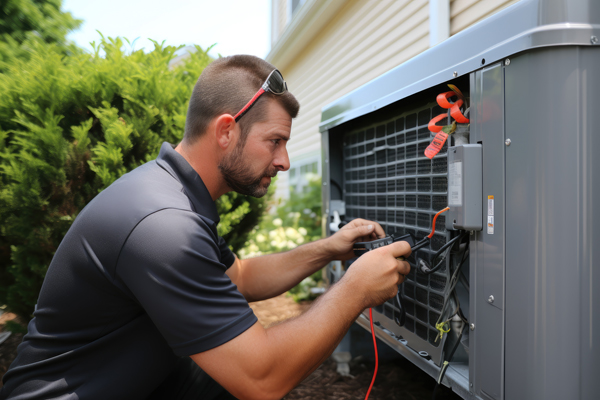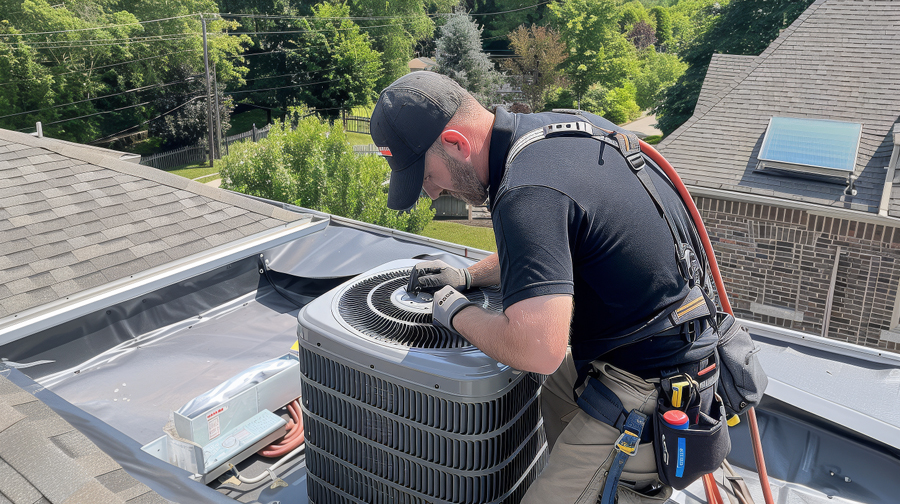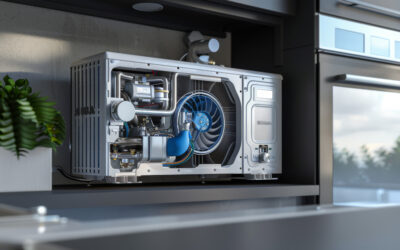How to Choose the Right Air Conditioner for Your Home
Selecting a new air conditioner for your home is a significant decision that can impact your comfort, energy bills, and overall indoor air quality. With numerous options available, it’s essential to understand the factors that go into choosing the right unit. Here’s a comprehensive guide to help you make an informed decision when buying a new air conditioner for your home.
1. Determine Your Cooling Needs
The first step in choosing the right air conditioner is understanding your cooling needs. This involves:
Size of the Space: Measure the square footage of the area you need to cool. Larger spaces require more powerful units.
Climate: Consider your local climate. Hotter regions may need more robust systems.
Insulation: Well-insulated homes retain cool air better and may require less powerful units.
2. Types of Air Conditioners
There are various types of air conditioners, each suited to different needs and spaces:
Central Air Conditioners: Best for cooling an entire home. They use a duct system to distribute cool air throughout the house.
Ductless Mini-Split Systems: Ideal for homes without ducts or for cooling specific areas. These systems consist of an outdoor unit and one or more indoor units.
Window Units: Suitable for cooling individual rooms. These are easy to install and relatively affordable.
Portable Air Conditioners: Flexible and mobile, perfect for cooling small spaces or rooms where installation is not possible.
Hybrid/Dual Fuel Air Conditioners: Combine a gas furnace and an electric air conditioner. They switch between the two energy sources for maximum efficiency.
3. Energy Efficiency
Energy efficiency is a crucial factor when choosing an air conditioner. Look for units with a high Seasonal Energy Efficiency Ratio (SEER) rating. The higher the SEER rating, the more efficient the unit. Energy-efficient air conditioners not only save money on energy bills but also reduce your environmental footprint. Additionally, consider models with the ENERGY STAR label, which meet strict efficiency guidelines set by the U.S. Environmental Protection Agency.
4. Noise Levels
The noise level of an air conditioner can affect your comfort, especially if the unit is in a bedroom or living area. Check the decibel (dB) rating of the unit. Quieter models typically have a rating below 60 dB. Some modern units come with a “quiet mode” for even less noise.
5. Features and Technology
Modern air conditioners come with a variety of features designed to enhance comfort and convenience:
Programmable Thermostats: Allow you to set temperatures for different times of the day, improving efficiency.
Smart Technology: Integration with smart home systems enables remote control and monitoring via smartphones.
Variable Speed Compressors: Offer better energy efficiency and more consistent cooling compared to single-speed compressors.
Air Quality Improvements: Some units come with advanced filters or air purifiers to improve indoor air quality by removing allergens and pollutants.
6. Installation and Maintenance
Proper installation is critical for the efficient operation of your air conditioner. Hiring a professional HVAC technician ensures the unit is installed correctly and safely. Additionally, consider the ease of maintenance. Some units have washable or replaceable filters and accessible components, making regular upkeep simpler.
7. Budget Considerations
Air conditioners vary widely in price based on their type, size, and features. While it might be tempting to opt for the cheapest option, consider the long-term costs. Energy-efficient models may have a higher upfront cost but can save money on energy bills over time. Additionally, look for any available rebates or financing options that can make a higher-quality unit more affordable.
8. Brand Reputation and Reviews
Research different brands and read customer reviews to gauge reliability and customer satisfaction. Brands with a strong reputation for quality and good customer service are often a safer investment. Warranty coverage is also an important factor to consider, as it can protect you from unexpected repair costs.
Conclusion
Choosing the right air conditioner for your home involves careful consideration of your cooling needs, energy efficiency, noise levels, features, installation, maintenance, budget, and brand reputation. By taking the time to evaluate these factors, you can find an air conditioning unit that provides optimal comfort, efficiency, and value for your home. Make an informed decision, and enjoy a cool, comfortable home all summer long.




